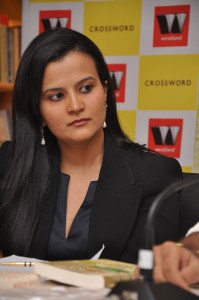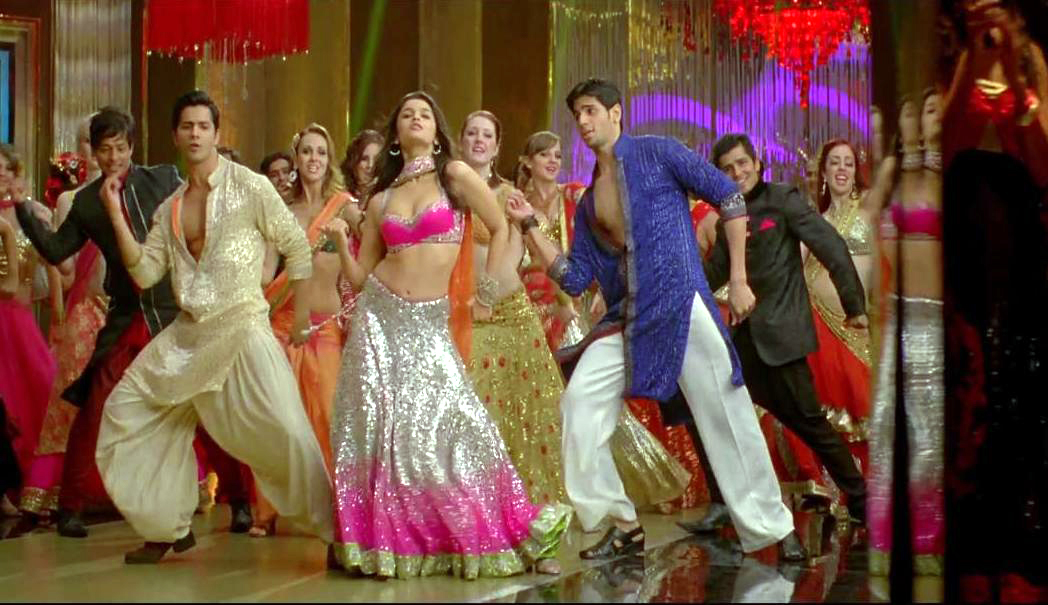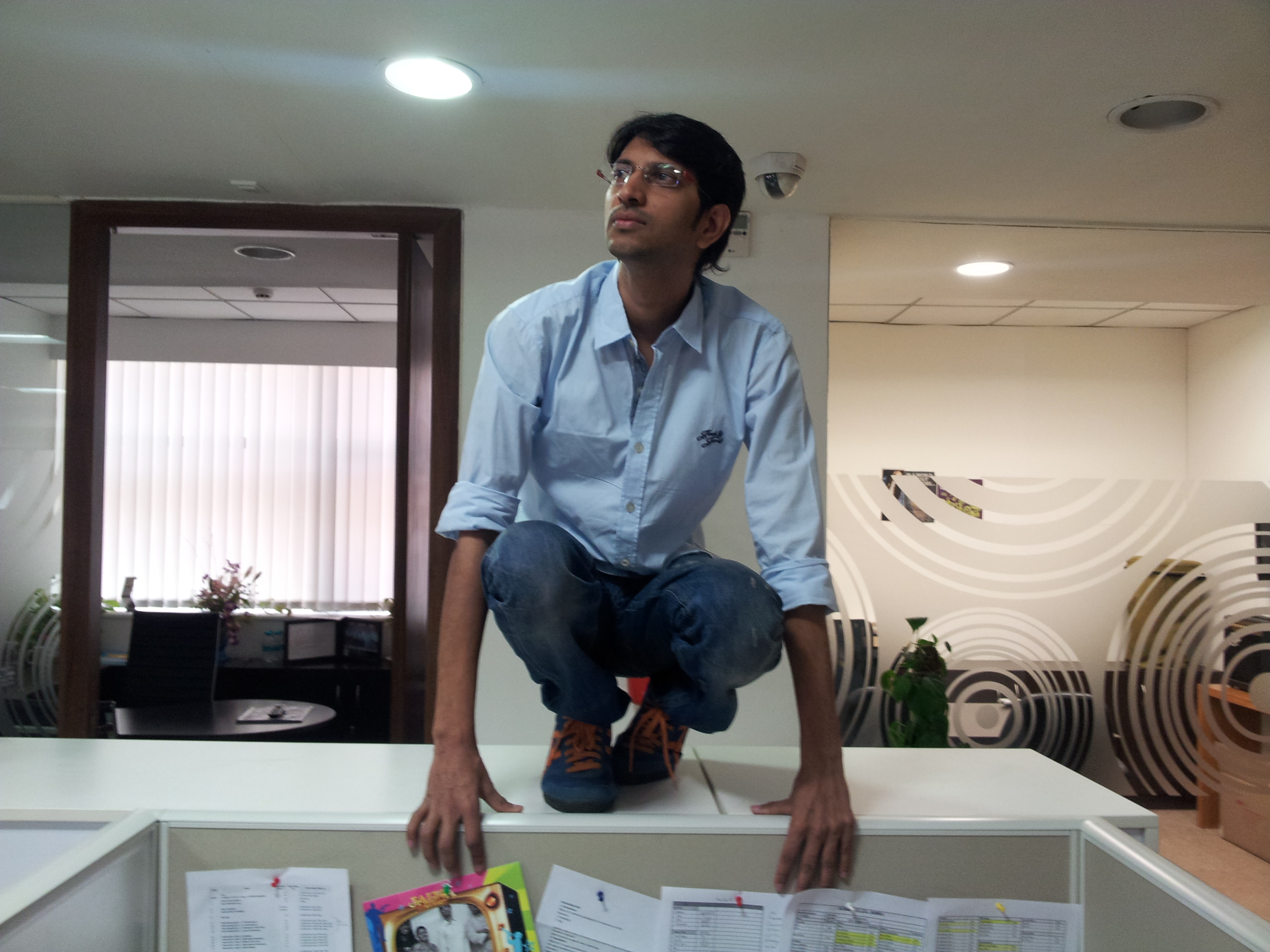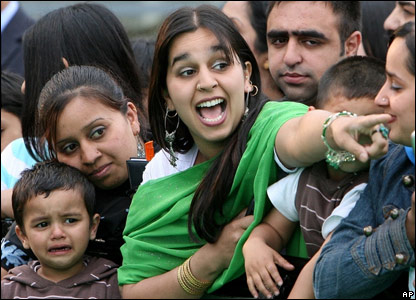Bad mattress giving you a painful and sore back? We list 10 tips to help you buy the perfect mattress.
By The Diarist | thediarist@themetrognome.in
Sulakshmi Reddy (22) moved to Mumbai from her parents’ home in Satara a year ago. Within weeks of arriving in the city, she developed a niggling back ache. “I thought it was because I was travelling by crowded trains and running about all day. Doctors just prescribed pain medication. I even took up yoga classes to get rid of the pain altogether,” she says. However, the pain showed no signs of abating – in fact, she would often wake up with a stiff back. “It would just get worse as the day progressed,” Sulakshmi says.
Then a physiotherapist zeroed in on her problem. “At my uncle’s place, where I was staying in Mumbai, I used to sleep on a cot with a very thin mattress. I could almost feel the iron body of the cot under the mattress. On the physiotherapist’s advice, I changed my sleeping place for a week, living with a friend who had a good, thick mattress on her bed. The back pain was noticeably reduced,” Sulakshmi remembers.
Poorly-designed mattresses account for back pain in several people. “People just don’t realise the importance of a good mattress. The mattress one uses should be firm, designed to align gently (not squishily) with the spine when one sleeps, and should be sturdy enough to not sag too soon,” says Dr Jayesh Garodia, orthopaedic surgeon. “However, it should not be so firm and sturdy that the person feels like he is sleeping on a flat board.”
Luckily enough, mattresses that are specially designed to combat stresses and pressures have also recently hit Indian markets. Says S K Malhotra, director, sales and marketing for Spring Fit, that has come out with the orthopedically-designed Ortholife mattress, “The high pressure of creating a work-life balance and long hours spent commuting often lead to muscular discomfort and chronic back ache. Using a moderately firm mattress adapts better to the concavities and convexities of the spine leading to better pressure distribution.”
But if you’re just looking for a simple spring mattress, you’ll have to know what goes into making it. Says G Shankar Ram, Joint Managing Director, Peps Industries Pvt Ltd., spring mattresses should have a high carbon spring steel base, cotton felt, foam and a quilted cover. “The base can be varied to make the mattress soft or firm. Cotton felt is put in to absorb excess loads and distribute them evenly. Foam contours itself to different body pressure points, and relaxes the body, while the quilted cover must look and feel attractive and comfortable,” he says.
Get the right mattress today:
G Shankar Ram’s 10 tips to remember when buying a mattress:
1. Purchase a good quality mattress. Research the brand you select – there should be no complaints of sagging or lumping.
2. Select a store that displays mattresses and lets you touch and feel the products.
3. Take your partner along for the purchase. Both of you should be comfortable with the same mattress.
4. Have a look at all the mattresses on display and educate yourself on the various types.
5. Do not feel shy or embarrassed about testing the mattress. Lie down on it and listen to the signals your body and mind give you about the different types of mattresses. Let your partner also lie down and give feedback.
6. Thickness is important. Measure the height of your bed from the floor. This will decide the thickness of mattress that you should buy. Remember that the mattress should be such that your feet touch the floor when you get off the bed.
7. A recommended height for your bed is a maximum of 14 inches from the ground.
8. Today, Indian mattress thicknesses range from four inches to six inches. Internationally, mattresses are about eight inches thick, and these contour with the body much better.
9. A normal mattress must be flipped from head to toe and reversed often. This extends the life of the mattress, ensures the manufacturer’s warranty and prevents early sagging. A luxurious mattress is one on which you sleep on only the top side. These must be rotated from head to toe every three months so that load points are changed and the foam can regain its dexterity.
10. Understand the dealer’s warranty before taking a call on your final purchase – take into account the type of use the mattress will be subjected to, the materials contained therein and what you expect from its use.








